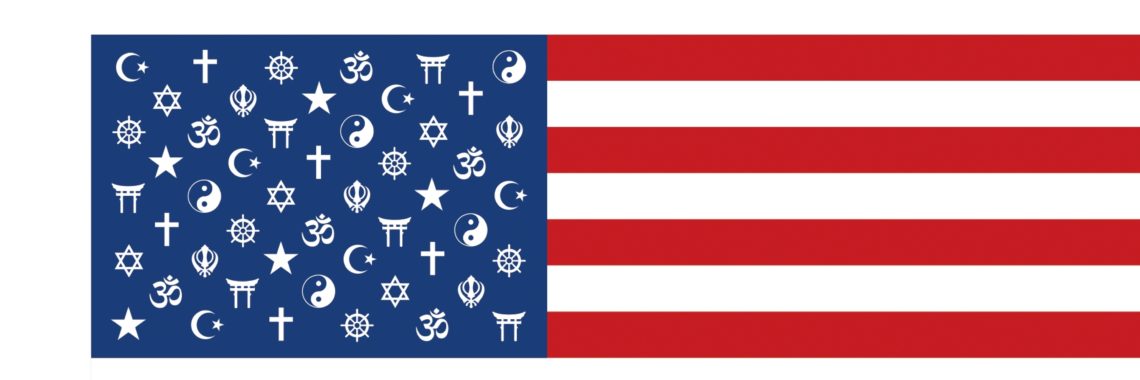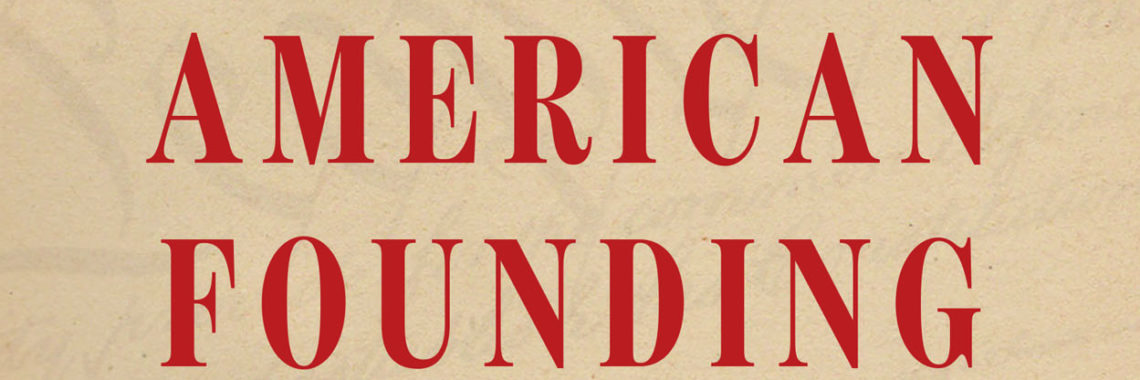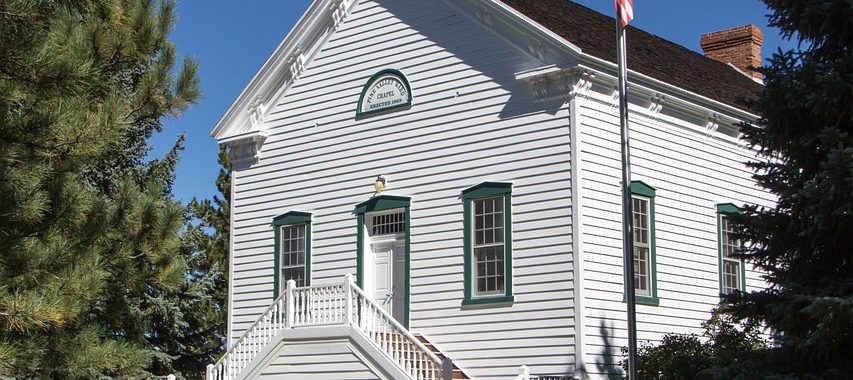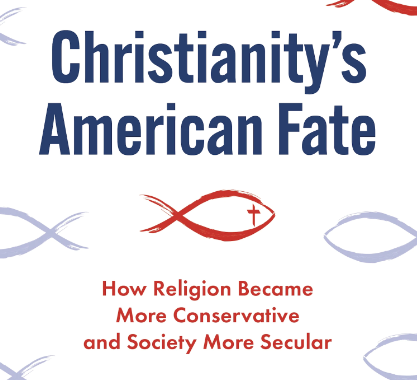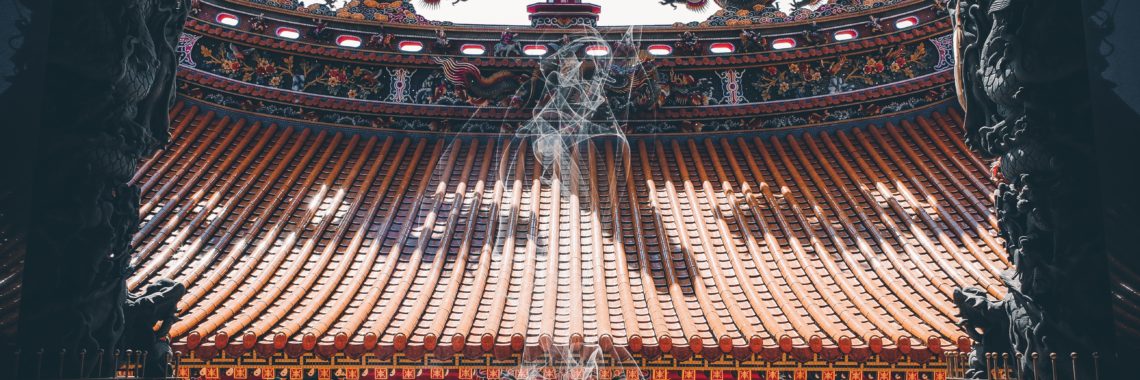“Religious Diversity’s Benefit for Democracy” by Robert Wuthnow
Religious Diversity’s Benefit for DemocracyRobert Wuthnow The following is a modified except from Robert Wuthnow’s Why Religion Is Good for American Democracy (2021), out now from Princeton University Press. Religious advocacy is not the answer to the political challenges confronting the United States at this critical juncture in its history, any more than religious conviction…


